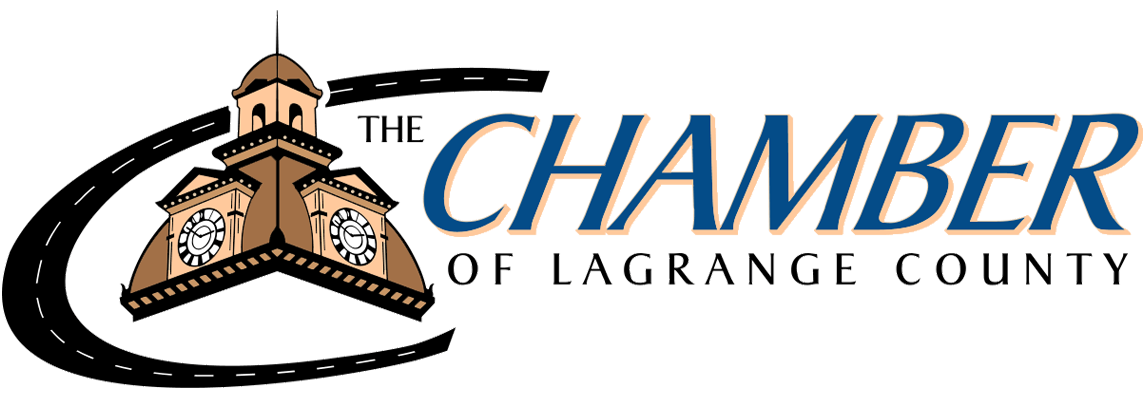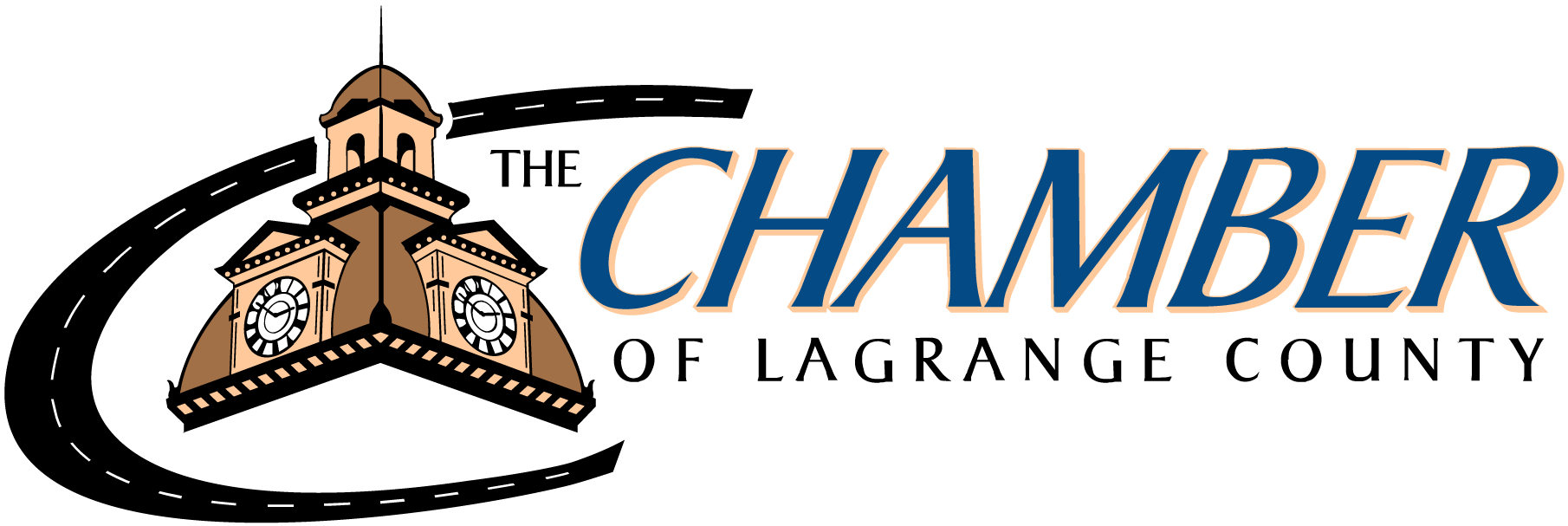LaGrange County to Start Agritourism Trail
LaGrange County tourism officials are working with local farmers to create agricultural tourism experiences that they hope will bring visitors to the county's rural corners and boost economic development.
The initiative, known as the LaGrange County Agritourism Heritage Trail, seeks to drive tourists to some of the county's most unique agricultural assets: Amish farms, agricultural processors, flower farms, livestock auctions and a bison farm, among others.
Over the past year, Sonya Nash, executive director of the LaGrange County Convention and Visitors Bureau, and her team have been working with the National Travel Center, based in Lancaster, Pa., to examine the possibility of an agricultural-based tourism trail in LaGrange County. Results from that assessment, shared at a meeting last Thursday in LaGrange, show that the county does, indeed, have the necessary assets—farms that offer agricultural experiences, unique shopping and "eats and treats," among other things—to support an agricultural heritage trail.
"We feel that (with) the timing and the trends in travel and tourism, there is no better time to share LaGrange County's agricultural story than now," said Nash. "Visitors and residents in cities and around the nation are craving small towns and authentic experiences to get off that busy highway and to explore rural communities and to celebrate what is here in America."
On hand at the meeting was a diverse group of farmers who are interested in being part of the trail program. Some grow sunflowers and lavender while others raise grass-fed beef cattle. One farm utilizes no-till farming, while others are hobby farms. One farm sells yarn and clothing made from alpaca wool. One Amish farmer has a large collection of antique farm equipment and already offers tours. Peter and Erica Cook, who own Cook's Bison Ranch near Wolcottville, were there. Another farm operates a greenhouse.
Other attendees included Chamber of Commerce Executive Director Sara Patrick, county Extension ag educator Jeff Burbrink, and Sherri Johnston, president and CEO of the LaGrange County Economic Development Corp. A LaGrange County farm native, Johnston came up with the idea of an agricultural trail and, along with Nash, helped build interest for the initiative. Together, they brainstormed ideas for bringing people—and tourism dollars—to Indiana's No. 1 Amish community.
Maree Forbes Gaughan, managing director of the National Travel Center, has experience helping other rural communities develop agricultural trails. Last week, she wrapped up her second visit to LaGrange County and shared a summary of her findings.
She documented 60 possible locations on the tourism trail. The list includes 37 barn quilts, 24 unique shopping experiences, 12 Hoosier Homestead farms, 11 viewing corridors, 10 farm experiences, nine "eats and treats" and six rural towns.
Every county park has a barn quilt, as do many other sites. The list is growing.
"There is no other county in the United States that has barn quilts," Gaughan said. "What a great thing for people to come and understand how proud people are of their barns."
Regarding viewing corridors, "that's somewhere that people know they're only supposed to drive by" but not stop, she said, adding that the corridors include beautiful or historic farms, homesteads, and grain elevators.
"This county is going to present a different look at agriculture," she said. "You are very prosperous here. You should be very proud of what the county looks like."
She said the trail will focus on the eastern and southern portions of the county, starting with the small towns and then branching out to some of the surrounding farms.
Some of the experiences include: Cook's Bison Ranch, Shipshewana Livestock Auction, Topeka Livestock Auction, LaGrange County Fair, Pine Knob Park, David Rogers Memorial Park and many others.
"Those things are going to go on the trail because they are important," she said.
At some of these and other locations, there will be opportunities for visitors to purchase food and do some shopping.
The people who come to visit these farms and agritourism sites will be guided by an app that can be downloaded on their smartphones. Printed maps will also be available. Some folks will arrive on tour buses while others will drive their own cars.
Nash said it's up to the host farmers if they want to charge a fee for the tours. They also need to list the days of the week and times in which their farm will be open for tours or shopping. Flower farms are seasonal, for example. That's the type of information the owners should list.
Another requirement for the farms is to purchase liability insurance.
Gaughan said that farm-based tourism is a growing market. Eighty percent of Americans live in cities or suburbs. She said those city dwellers want to visit a place that's different from where they live. They also want to know how their food is grown.
Even more, they want to get their hands dirty.
"Visitors want authentic experiences, farm tours, working with the animals, gardening, hands-on farm stays, etc.," she said.
The agritourism trail will be marketed to Chicago and perhaps Detroit, but it will also be open to local residents. On the tours, farmers will serve as educators, explaining how food is produced and answering questions.
"Part of the opportunity is to educate," she said.
When the trail is up and running, officials want to create special events. Some ideas include a "Meet the Farmer" day, sheep shearing and even a pizza night.
LaGrange County has the most farms, 2,144, and the most organic farms in the state. Many of those farms are less than 100 acres in size. Crop production is the most diverse of any county in Indiana.
Officials plan to launch the LaGrange County Agritourism Heritage Trail sometime next spring.





